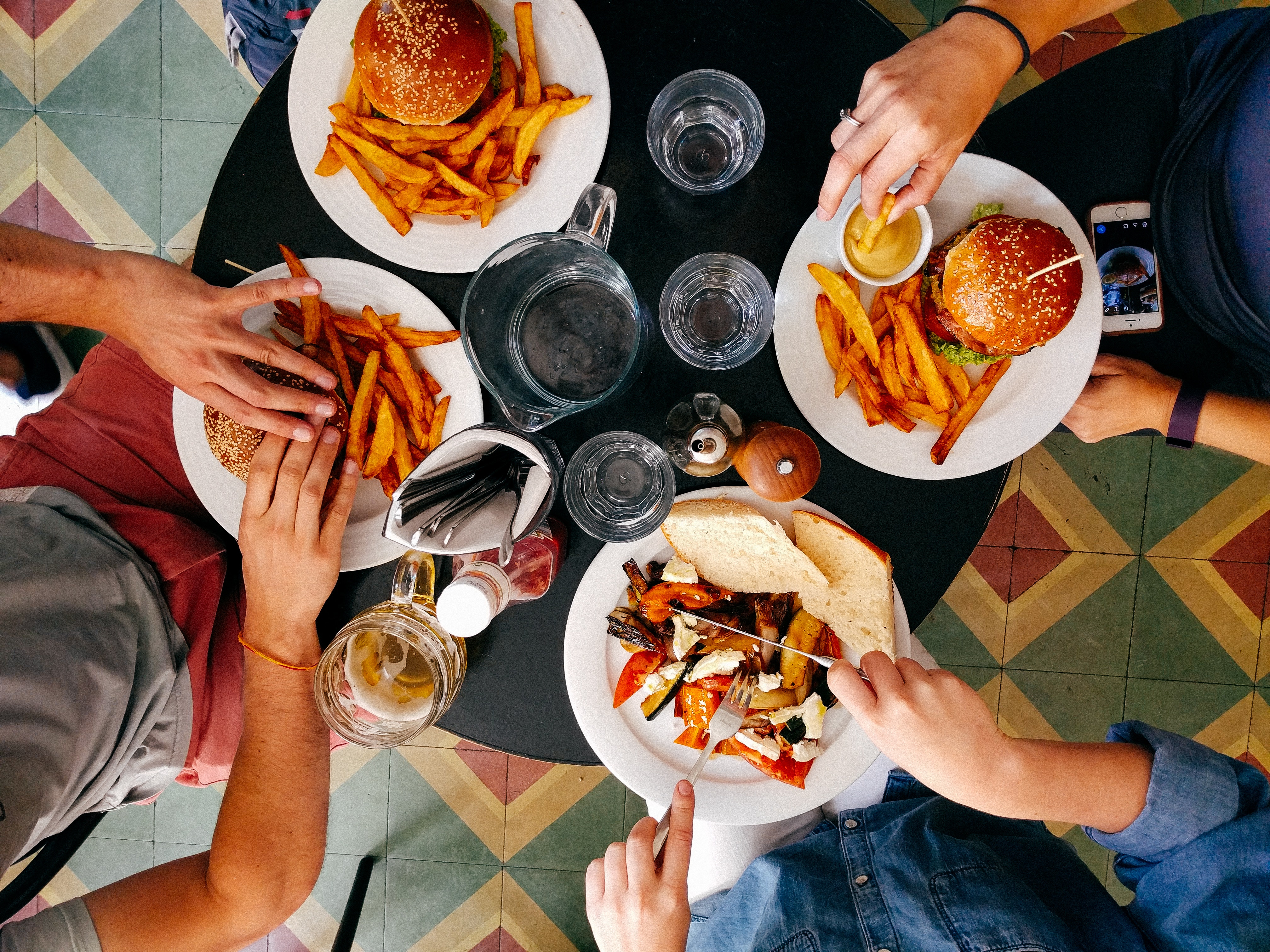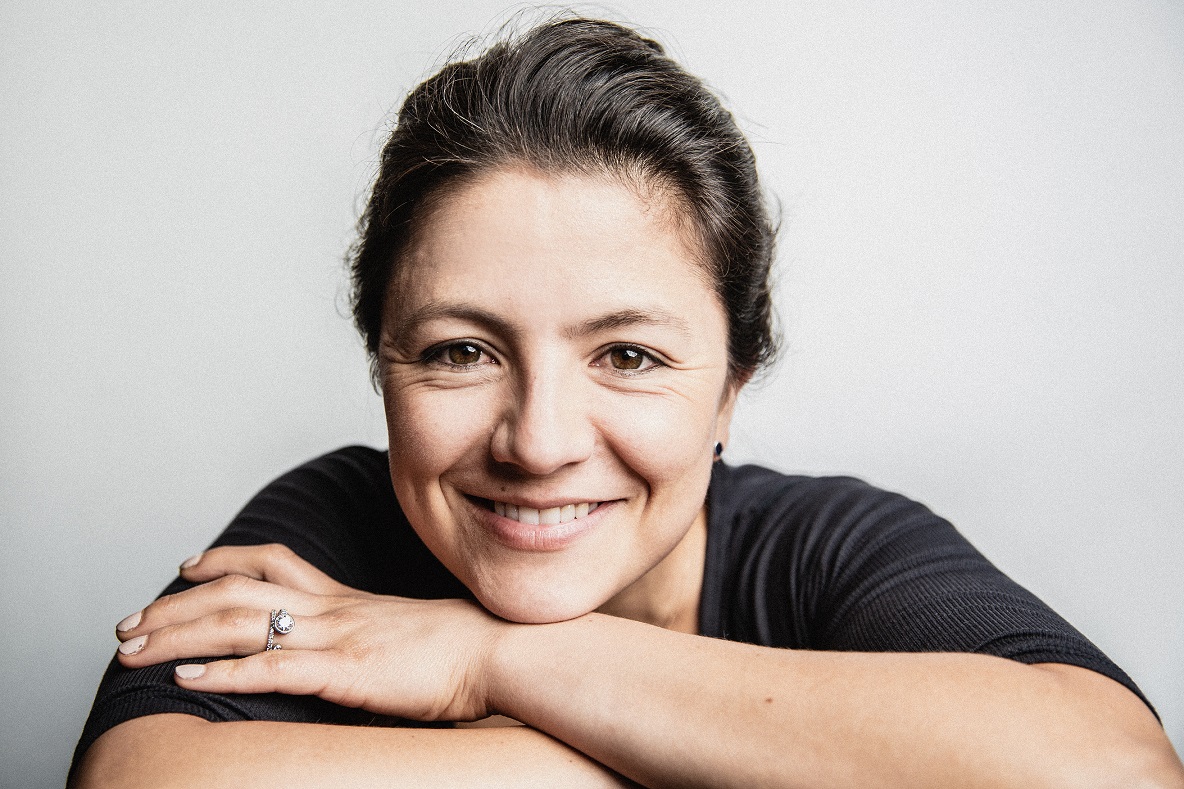“What’s new and good?”, I said to start off our session.
“Meh…Not great”, my client responded. “Yesterday was a long day at work, and I came home late at around 9:00 p.m. I went straight to the kitchen and ate hummus, rice cakes and cucumbers.”
“Why is that bad?”, I asked.
“Because I had eaten already and it was late (…) Maybe I should have eaten a healthier meal before”, she continued.
This is a common denominator among the women I work with, and I’ve been there too: We judge and condemn eating behaviors that would be totally normal to an external, neutral observer.

A normal eater eats 3 slices of pizza and a scoop of ice cream, enjoys it, and moves on. You eat the same foods in the same amount but judge your decision, don’t enjoy it, resent yourself and find ways to correct your action.
The normal eater will probably will drink lots of water and maybe have a smaller meal at night. You…oh, you. You may do the same, but your way to “correct” it doesn’t come from a place of self-care. It comes from a place of punishment and control. Do you see how the same actions can be motivated by different types of energy?
In this—and many other aspects that I won’t detail on this post—is were the insanity lives: in the energy with which you approach food.
Maybe my client has been working too hard and she needed energy. Maybe she was hungry. Maybe she was stressed and wanted to soothe herself with food. Maybe she was trying to distract the desire for something more savory with a “lighter” snack. Maybe she went to the kitchen out of habit. There could be many explanations to justify her decision to eat hummus, cucumbers and rice cakes.
Understanding what explains your impulse to eat is key to solve the puzzle of your craziness around food.
Identifying WHY you’re going to the food is important because then you’re able to make wiser** decisions. Or, which is the case sometimes, you make not so wise decisions with full awareness and responsibility.
When you figure out the energy and motivation behind your eating behaviors, the judgment slowly disappears, and the war with food is less intense. Food looses its negative power. You see your craziness face to face and make friends with it.
And how do you do this? The trick, dear woman, is that you must become an expert in yourself. You must become an expert in reading your body and your mind.
Once you’re able to become an expert in your hunger, the workings of your mind, how you react to certain environments or events that disrupt your sanity, your habits, your body…then the binge-dieting cycle won’t be your destiny and the only thing you know. Then it will be easier to solve the puzzle of how to heal your relationship with food and your weight.
**Wise decisions are those that you take giving consideration to what’s better to keep you sane, and to nourish you emotionally and physically. Note that I say emotionally because, yes!, sometimes the cake or the fries are the right thing to eat. You’re the only one who can decide whether your eating decisions are wise or not.
The information provided on this post is for educational and informational purposes only and solely as a self-help tool for your own use.
Written by Lina Salazar.


